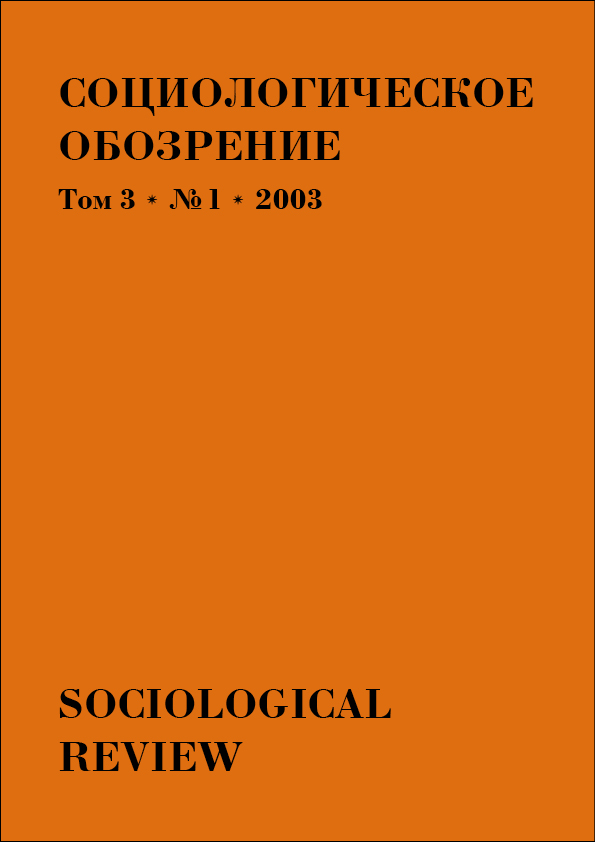Abstract
The review provides a detailed analysis of the book: Niklas Luhmann, "Introduction to the theory of systems» (Niklas Luhmann. Einführung in die Systemtheorie) in connection with a number of other publications of the German sociologist, carried out after his death. The author aims to evaluate this great theoretical project. The book is based on lectures Luhmann delivered at the University of Bielefeld in the winter semester 1991/92. This course was not only about a systematic exposition of the theory of systems, it was designed to show at what point the elaboration of a new theory demanded a decision made by a theoretician, what kind of choices were made, what solutions to the theoretical problems were provided. Luhmann begins his course with a historical introduction, devoting several lectures, first of all, to the analysis and criticism of the structural functionalism, and – more specially - T. Parsons. He went on then to the most extensive part of the course - general systems theory. After that, large sections he devoted such topics as time, meaning, mental and social systems of communication. (communication he treated as "self-observing operations"). Finally, he analyzed double contingency, structure and conflict. Luhmann believed sociological theory should proceed from the need to build a system of abstract knowledge about the social, but it is not allowed be sealed from other sources of social knowledge, it should not offer an almost automatically operating mechanism of production of theoretical knowledge. A theory should be, so to speak, not too exotic, it should not re-interpret familiar concepts of the common sociological vocabulary in a quite unusual way. However, Luhmann was not able to proceed in accordance with his plans, because he refused to conceive of sociology as a theory of action. He interpreted many sociological concepts in contradiction to the concepts of the theory of action.Downloads
Download data is not yet available.
